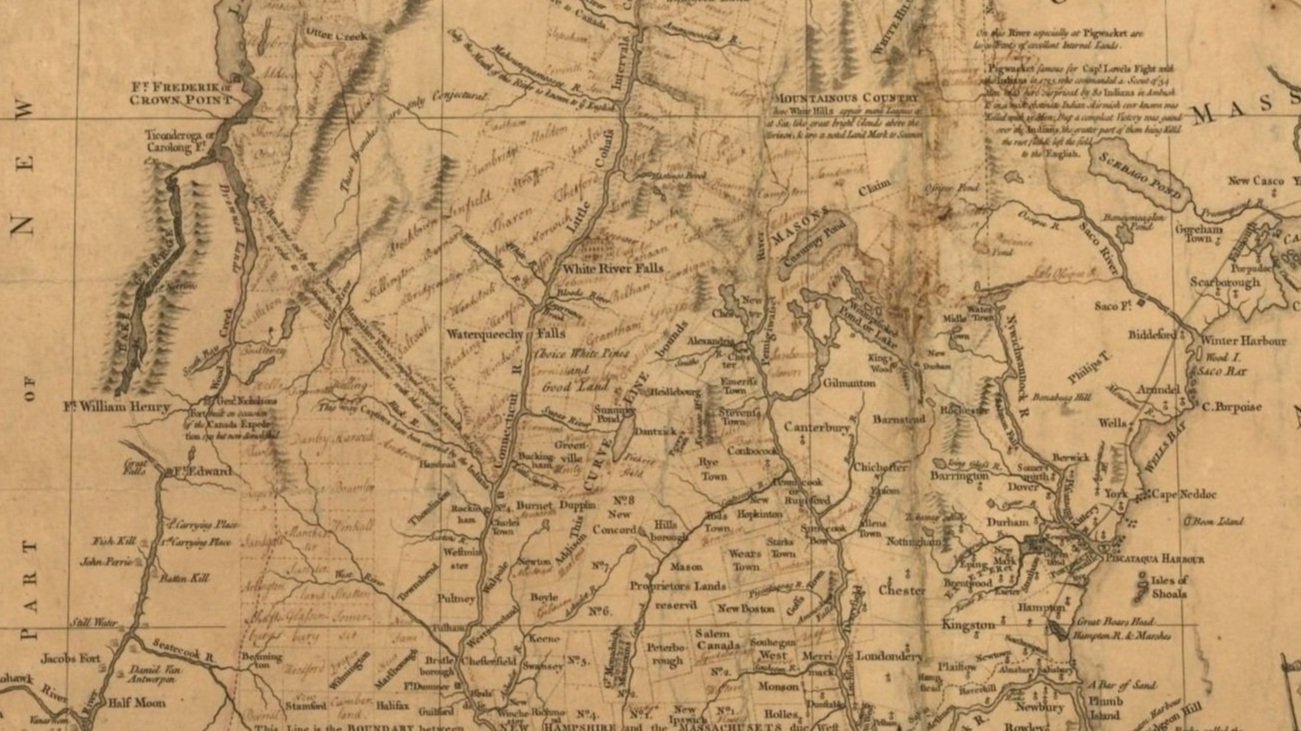
ROAD LAW GUIDE
Auxiliary Service Roads
Bridges
Class VI Roads
Conveyance
Dedication and Acceptance
Definitions
Discontinuance
Discontinued State Highways
Emergency Lane Designation
Failure to Maintain a Class V Road for Five Successive Years
Gates and Bars
Highways to Summer Cottages
How Public Roads are Created
Layout
Legislative Body vs. Governing Body
Municipal Trail Designation
Off Highway Recreation Vehicles
Prescription
Private Roads
RSA 674:41 (Building Permits)
Scenic Roads
Snowmobiles
Types of Roads and Other Designations
Who Owns the Road?
Alfano Law Office Database of Municipal Road Records
Municipal Trail Designation
(RSA 231-A)
Town may classify a Class VI road as a municipal trail, but doing probably does not deprive a landowner access to his or her property without the landowner’s consent. Having cars drive over a trail would limit its attractiveness as a trail. The applicable statute contains various safeguards for abutters wishing to object to a vote to reclassify a Class VI as a municipal trail.
The municipal trail statute is found at RSA 231-A.
The municipal trail statute was drafted to make clear a property owner does not lose the right of access when a road is reclassified from Class VI to a Class A trail. This may have been done to avoid the possibility of someone seeking compensation, and thus increasing the cost of the proposal. (Taking away someone’s ability to access their property likely triggers the right to seek compensation from the government under the New Hampshire Constitution.) Even a Class B trail, which terminates access even to existing buildings, requires the consent of the landowner. See 231-A:2, II and RSA 231:43.
The trickier part is the extent to which the town may regulate use of the trail before effectively taking away access. Generally speaking, the regulations cannot unreasonably interfere with a person’s right to use the road for “nondevelopment uses as agriculture and forestry.”
The legislative body must authorize the creation of a municipal trail. Any “aggrieved landowner” may appeal, or may petition for the assessment of damages, in the same manner as in the discontinuance of highways pursuant to RSA 231:48 and 231:49. The deadline for doing so is six months after the vote of the legislative body. Appealable issues would include things like the amount of damages and the process followed by the municipality. In calculating damages, the basic rule courts follow is the compare the value of the land before the vote to the value after the vote.

